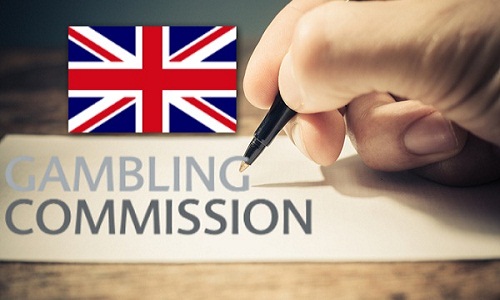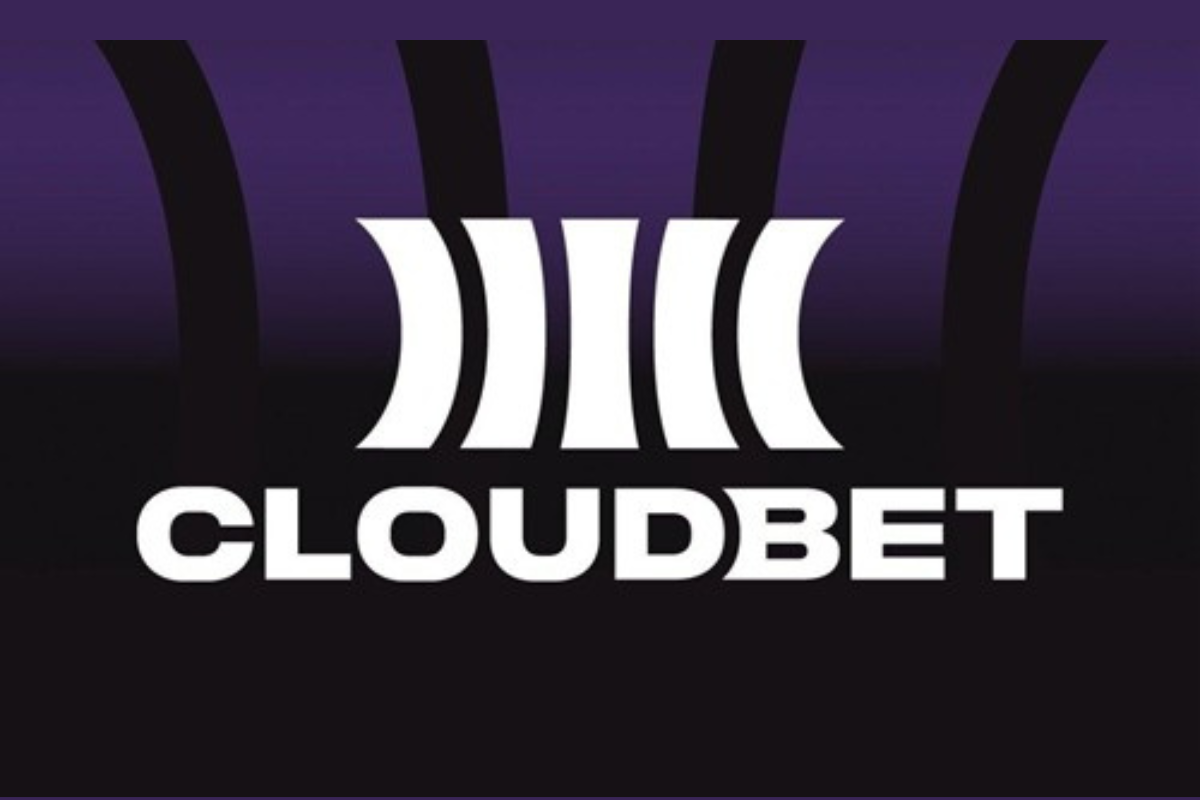Press Releases
BACTA: FOBT clampdown impact “exaggerated”

The British Amusement Catering Trade Association or BACTA, the body representing the UK’s amusement industry, suggested that the influence of the proposed cuts to stakes on Fixed Odds Betting Terminals (FOBTs) has been “exaggerated”.
Citing its self-assigned research, run by the Centre for Economics and Business Research (CEBR), BACTA clings to the belief that the industry losses from deterioration in stake to £2 could be up to 47% lower than those proposed by the Government’s initial impact assessment.
The report further states that the decline in gross gambling yield to high street betting shops is estimated to be £335m, rather than £639m which is the Government’s estimated reduction.
CEBR’s further research suggests that this £335m figure could be offset by the coincident reduction in the estimated £210m spent on handling problem gambling directly arising from FOBTs in the UK.
Organisations from the Church of England to 93 local authorities across the UK and the Royal Society for Public Health have demanded the Government to order a reduction on FOBT stakes to £2.
BACTA’s research goes on to suggest that there would in fact be an overall benefit to the economy should FOBT stakes be reduced to £2, to a net increase of £45m to gross value added.
Announcing the research findings, John White, the CEO of BACTA, said: “This research puts into clear perspective the true impact of a £2 stake on FOBTs on our economy and should provide comfort to bookmakers that doing the right thing and reducing the maximum stake on FOBTs to £2 will still leave them with plenty of profit to invest in their businesses.”
“While there will be some cost to bookmakers from lower FOBT stakes, it is a necessary one to protect consumers from the everyday risk of gambling harm on the high street. “
“The £100 stake on FOBTs is a dangerous anomaly in gambling regulation that Government has rightly chosen to address. We urge a reduction to a £2 stake. That brings these machines in to line with the rest of the market, and puts the needs of player protection first.”
Oliver Hogan, the Director and Chief Economist at CEBR added: “In undertaking its independent assessment, CEBR has sought to monetise a wider range of potential impacts of a policy of maximum stake reduction on B2 machines. It goes beyond the revenue losses that might be imposed on the current operators of B2 machines (mainly the Licensed Betting Operators).”
“We demonstrate that, under different assumptions that better reflect the profile, circumstances and likely behaviours of B2 players, the policy would be not nearly as detrimental to the LBOs as has been portrayed.”
“In fact, there could even be a net boost to the economy and to employment if there is attrition from gambling and if the fall in demand for B2 leads to higher demand for more labour-intensive forms of gambling. Once the potential wider benefits to society that could be realised if a B2 stake reduction leads to a declining prevalence or severity of problem gambling, the case for the policy is even more favourable.”
-

 Asia2 days ago
Asia2 days agoDigital gaming disruption tackled in 1st AsPac Regulators’ Forum
-

 Latest News5 days ago
Latest News5 days agoCloudbet maps regional betting trends in August–September 2025
-

 Latest News5 days ago
Latest News5 days agoHigh Roller Launches New Online Casino Brand in Finland
-

 Latest News5 days ago
Latest News5 days agoNetBet Denmark expands its casino library by adding SYNOT Games as a provider
-

 Central Europe5 days ago
Central Europe5 days agoPromatic Games and SYNOT Interactive Announce Strategic Partnership to Strengthen iGaming Expansion in Central and Eastern Europe
-

 Asia5 days ago
Asia5 days agoPAGCOR chief pushes for stricter regulation, not online gaming ban
-

 Conferences in Europe5 days ago
Conferences in Europe5 days agoStrategies that Scale: Evoplay’s Alex Malchenko on Cracking the Code of Localised iGaming Success
-

 Conferences in Europe5 days ago
Conferences in Europe5 days agoNew Gamification Academy at SBC Summit to Present Fresh Approaches to Player Engagement

















